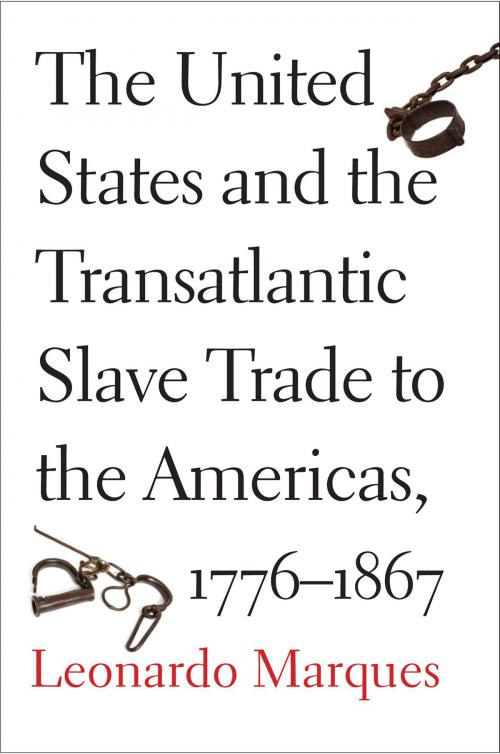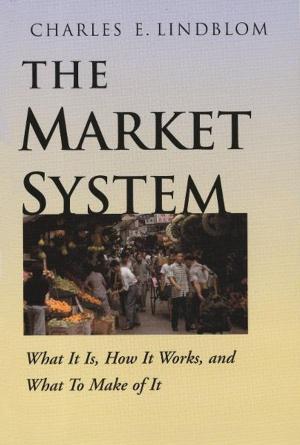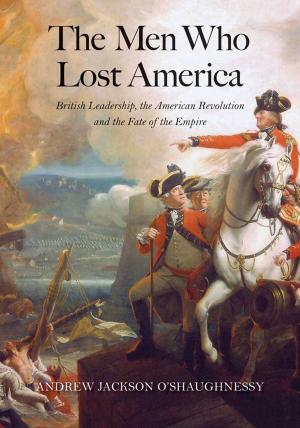The United States and the Transatlantic Slave Trade to the Americas, 1776-1867
Nonfiction, History, Americas, United States, Revolutionary Period (1775-1800), 19th Century| Author: | Leonardo Marques | ISBN: | 9780300224733 |
| Publisher: | Yale University Press | Publication: | October 25, 2016 |
| Imprint: | Yale University Press | Language: | English |
| Author: | Leonardo Marques |
| ISBN: | 9780300224733 |
| Publisher: | Yale University Press |
| Publication: | October 25, 2016 |
| Imprint: | Yale University Press |
| Language: | English |
An investigation of US participation in the transatlantic slave trade to the Americas, from the American Revolution to the Civil War
While much of modern scholarship has focused on the American slave trade’s impact within the United States, considerably less has addressed its effects in other parts of the Americas. A rich analysis of a complex subject, this study draws on Portuguese, Brazilian, and Spanish primary documents—as well as English-language material—to shed new light on the changing behavior of slave traders and their networks, particularly in Brazil and Cuba. Slavery in these nations, as Marques shows, contributed to the mounting tensions that would ultimately lead to the U.S. Civil War. Taking a truly Atlantic perspective, Marques outlines the multiple forms of U.S. involvement in this traffic amid various legislation and shifting international relations, exploring the global processes that shaped the history of this participation.
While much of modern scholarship has focused on the American slave trade’s impact within the United States, considerably less has addressed its effects in other parts of the Americas. A rich analysis of a complex subject, this study draws on Portuguese, Brazilian, and Spanish primary documents—as well as English-language material—to shed new light on the changing behavior of slave traders and their networks, particularly in Brazil and Cuba. Slavery in these nations, as Marques shows, contributed to the mounting tensions that would ultimately lead to the U.S. Civil War. Taking a truly Atlantic perspective, Marques outlines the multiple forms of U.S. involvement in this traffic amid various legislation and shifting international relations, exploring the global processes that shaped the history of this participation.
An investigation of US participation in the transatlantic slave trade to the Americas, from the American Revolution to the Civil War
While much of modern scholarship has focused on the American slave trade’s impact within the United States, considerably less has addressed its effects in other parts of the Americas. A rich analysis of a complex subject, this study draws on Portuguese, Brazilian, and Spanish primary documents—as well as English-language material—to shed new light on the changing behavior of slave traders and their networks, particularly in Brazil and Cuba. Slavery in these nations, as Marques shows, contributed to the mounting tensions that would ultimately lead to the U.S. Civil War. Taking a truly Atlantic perspective, Marques outlines the multiple forms of U.S. involvement in this traffic amid various legislation and shifting international relations, exploring the global processes that shaped the history of this participation.
While much of modern scholarship has focused on the American slave trade’s impact within the United States, considerably less has addressed its effects in other parts of the Americas. A rich analysis of a complex subject, this study draws on Portuguese, Brazilian, and Spanish primary documents—as well as English-language material—to shed new light on the changing behavior of slave traders and their networks, particularly in Brazil and Cuba. Slavery in these nations, as Marques shows, contributed to the mounting tensions that would ultimately lead to the U.S. Civil War. Taking a truly Atlantic perspective, Marques outlines the multiple forms of U.S. involvement in this traffic amid various legislation and shifting international relations, exploring the global processes that shaped the history of this participation.















